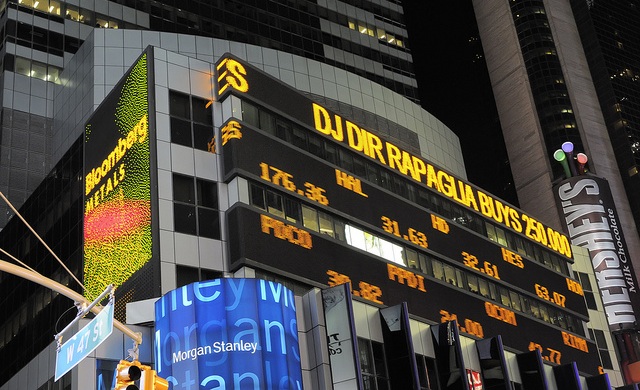Significant Majority of Investors Favor Extending “U.S.-Style” Shareholder Activism Globally

Shareholder activists may have institutional investors to thank after concluding one of their most successful years to date in both returns and inflows, according to a new study released today by FTI Consulting, Inc. (NYSE:FCN), a global advisory firm dedicated to helping organizations protect and enhance their enterprise value.
The 2015 Shareholder Activist Landscape: An Institutional Investor Perspective found that a significant majority (76 percent) of investors view the growth of shareholder activism in recent years as having a favorable impact on the market. However, when asked about the potential negative effects of shareholder activism, a majority of investors expressed concerns over short-term gains at the expense of long-term shareholder value and activists’ ability to have a detrimental effect on a company’s long-term strategic approach.
Responding to views on the direct effects of shareholder activism, an overwhelming majority of institutions polled (84 percent) believe that shareholder activism produces positive results for target companies. The survey revealed not only widespread belief in the benefits of activism in general amongst institutions, but their strong support (over 75 percent) for the increase of “U.S.-Style” shareholder activism in Europe and Asia.
When ranking the top benefits of activism as it contributes to shareholder value, institutions were more than twice as likely to cite activists as a catalyst for change than forcing a capital event such as a sale, split or returning cash to shareholders.
“Shareholder activists have been increasingly successful in gaining backing from institutional investors, however this does not necessarily translate into unequivocal support. Institutions welcome activists for the dialogue they provoke with shareholders, but are less predisposed to supporting radical transformations,” said Steven Balet, Managing Director in the Strategic Communications segment at FTI Consulting.
“Boards and management teams should seek to proactively defend against possible activism by regularly assessing their vulnerabilities and communicating their strategy to shareholders,” Mr. Balet continued.
As to director qualifications, institutional investors overwhelmingly ranked knowledge of the company’s sectors/industries (91 percent), financial expertise (84 percent) and knowledge of the company (82 percent) as the most important credentials for any new independent director. Despite many activists’ claims that significant share ownership is vital for board representation, only three-in-ten institutional investors agree.
“Institutions increasingly perceive the addition of shareholder-nominated independent directors as a net ‘value add’ at most companies,” said Mr. Balet. “That said, the institutions we surveyed were acutely aware that one of the dangers of shareholder activism is short-term gains at the expense of long-term value. Companies need to effectively articulate and align shareholders behind their long-term vision, as well as execute on near-term initiatives, in order to protect themselves against activist approaches.”
The full results of the 2015 Shareholder Activist Landscape: An Institutional Investor Perspective study can be accessed here.


 Hot Features
Hot Features













